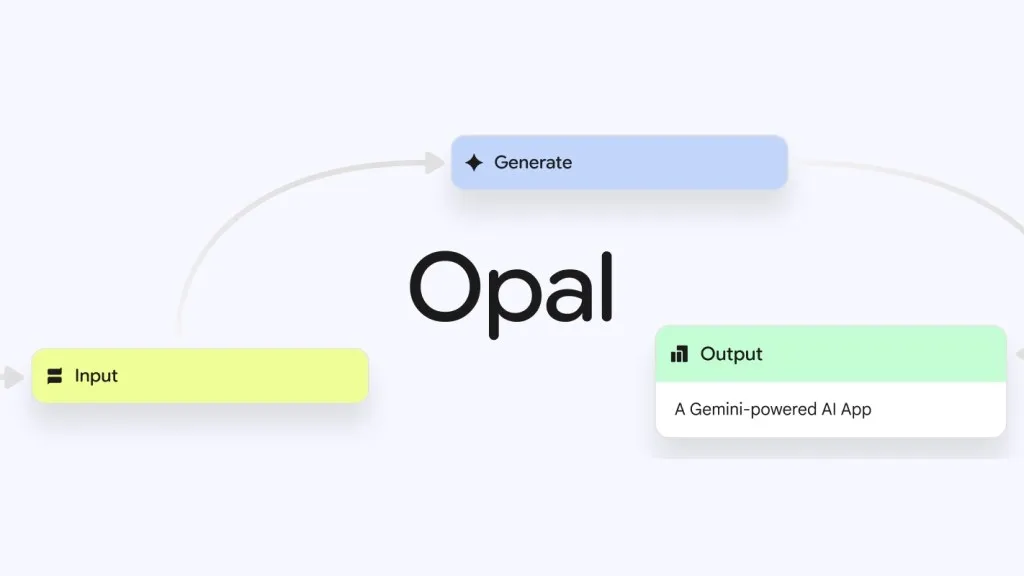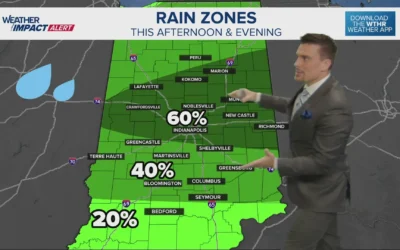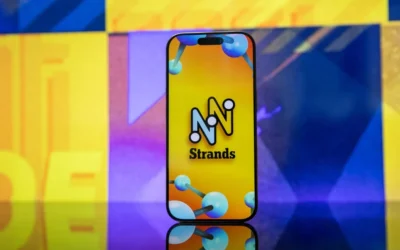Introduction: The Era of No-Code Development
In recent years, the demand for software applications has surged, resulting in a growing need for tools that can simplify the development process. Traditional coding often requires specialized knowledge and experience, which can act as a barrier for many aspiring developers. Recognizing this gap, tech giant Google is piloting a new application called Opal, designed to help users create apps effortlessly without having to write a single line of code. This initiative marks an exciting shift toward democratizing app development.
What is Opal?
Google’s Opal aims to harness artificial intelligence to enable users to build apps through a ‘vibe-coding’ methodology. Unlike conventional coding methods, vibe-coding relies on intuitive design principles and user preferences to guide the app creation process. The goal is to provide a seamless experience where ideas can become functional applications with minimal friction.
The Rise of AI in Development
Artificial intelligence has been a game-changer across various industries, and software development is no exception. The advent of AI-powered tools is paving the way for more efficient workflows, reducing the time and effort required from developers. With Opal, Google is leveraging AI to enhance the user experience, providing smart suggestions and automating repetitive tasks.
Understanding Vibe-Coding
Vibe-coding, as introduced with Opal, emphasizes user experience and interaction over traditional coding logic. The premise is simple: users can express their ideas in natural language or even through visual representations, which Opal then translates into functional application components. Features include:
- Natural Language Processing (NLP): Users can describe what they want, and Opal will interpret those inputs to create corresponding application functionalities.
- Drag-and-Drop Interface: A user-friendly design environment allows users to assemble app elements by using a straightforward drag-and-drop mechanism.
- Real-Time Collaboration: Similar to Google Docs, users can collaborate with peers in real-time, sharing ideas and building apps together.
Target Audience and Use Cases
The primary audience for Opal includes entrepreneurs, marketers, and those in creative fields who may lack traditional programming skills but possess innovative ideas for applications. Potential use cases for Opal are vast:
- Startup Prototypes: Startups can use Opal to develop quick prototypes of their applications to attract investors or gather user feedback.
- Custom Solutions for Businesses: Small businesses can develop tailored solutions to meet their unique needs without hiring a dedicated development team.
- Learning Environment: Academia and education institutions can integrate Opal into curriculums to teach students applications of technology without overwhelming them with coding syntax.
The Testing Phase: What to Expect
Currently, Google is in the testing phase of Opal, inviting select users to provide feedback and help fine-tune the app’s features. This beta testing is crucial, as it allows the company to identify potential areas for improvement before a wider release. Google is known for its data-driven approach, and user feedback will be instrumental in shaping the final product.
Challenges and Concerns
While Opal represents promising technology, it is essential to consider potential challenges:
- Quality of Output: The reliance on AI raises questions about the quality and reliability of the applications produced. Critics may worry that while Opal makes development easier, it might lead to poorly designed or inefficient code.
- Intellectual Property Ownership: As users create applications through a Google platform, concerns may arise regarding the ownership of the created software and associated intellectual property.
- Security Risks: With more individuals potentially developing applications, there could be increased security vulnerabilities if users lack the necessary training to identify risks.
The Future of No-Code Development
If successful, Opal could symbolize a significant turning point in the realm of no-code development. It could inspire other tech giants to invest in similar technologies, potentially leading to a broader acceptance of AI-assisted development tools. No-code platforms can significantly shorten development cycles and potentially change how businesses approach software solutions.
Interviews with Industry Experts
To get a deeper understanding of the implications of Opal, we reached out to several industry experts for their insights. Dr. Emily Carter, a tech futurist, stated:
“Opal represents a monumental leap towards making technology accessible to all. By lowering barriers to entry, we empower a new generation of innovative thinkers who could reshape the digital landscape.”
John Smith, a software developer, shared his concerns:
“While tools like Opal are exciting, it’s vital to ensure that quality is not sacrificed at the altar of ease. We need to maintain software quality standards even as we democratize the creation process.”
Conclusion
Google’s Opal is set to challenge traditional notions of software development by introducing an approachable and intuitive method for creating apps without coding. As the testing phase progresses, the tech community watches closely to see how effective this tool will be in practice. If Opal succeeds in delivering on its promises, it could usher in a new era of no-code development where creativity knows no bounds, and anyone with an idea can bring it to life.
For now, as Opal moves towards a wider release, the anticipation builds. Will it be the tool that revolutionizes app development for the masses? Only time will tell.







